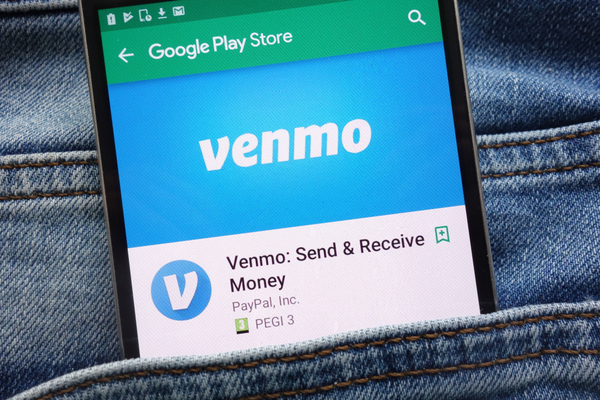Great news for thousands of small businesses, independent contractors, an probably millions of Americans: the Internal Revenue Service (IRS) has announced it would delay the implementation of the tax reporting change for payments apps such as Venmo, PayPal, CashApp and more.
In turn, for this tax season, the reporting requirement for payments above $20,000 and exceeding 200 transactions within the calendar year will remain, instead of the much lowered new $600 amount.
“The IRS and Treasury heard a number of concerns regarding the timeline of implementation of these changes under the American Rescue Plan,” acting IRS Commissioner Doug O’Donnell said in a press release. “To help smooth the transition and ensure clarity for taxpayers, tax professionals and industry, the IRS will delay implementation of the 1099-K changes. The additional time will help reduce confusion during the upcoming 2023 tax filing season and provide more time for taxpayers to prepare and understand the new reporting requirements.”
This lower threshold was enacted in the American Rescue Plan (ARP) back in March 2021. The new rules require users to report payment transactions via payment apps including Venmo, PayPal, Stripe and Square for goods and services meeting or exceeding $600 in the calendar year. The IRS added that it will provide additional details on the delay “in the near future,” along with additional information to help taxpayers and the industry.
While the agency says personal transfers won’t trigger 1099-Ks, experts say some filers may receive the form by mistake, reporting personal payments as income, which may be difficult to correct. “With little guidance available to the public and a significant increase in the burden on the electronic payment networks, the IRS decided a transition period was necessary,” national taxpayer advocate Erin Collins said in a blog post on Tuesday.
She said the postponement should give taxpayers more time to “familiarize themselves with the rules” and “properly identify personal versus business payments” to avoid future 1099-K reporting errors.
Although many tax professionals welcomed the IRS announcement, the American Institute of Certified Public Accountants is still pushing Congress for reform. “While the AICPA is grateful to the commissioner for this reprieve, we urge Congress to strongly consider previous recommendations to raise the threshold, possibly in accordance with the present-day cost-of-living levels,” group president and CEO Barry Melancon said in a statement.
Regardless of whether you receive 1099-Ks, you still must report business income on your tax return, Collins said, urging filers to track earnings from all sources and keep personal and business accounts separate for payment apps.
What’s more, the 1099-K reporting delay only applies to your federal taxes, Campo said. Some states already have lower reporting thresholds, so it’s important that you check and make sure what your state’s requirements are for reporting that income. If you’ve started a side business, it’s critical to save your expense receipts for any deductions you take to reduce your tax liability, which you’ll need in the case of an audit. “The IRS is eventually going to pick up on these things,” he said.
—
Photo Credit: Piotr Swat / Shutterstock.com
